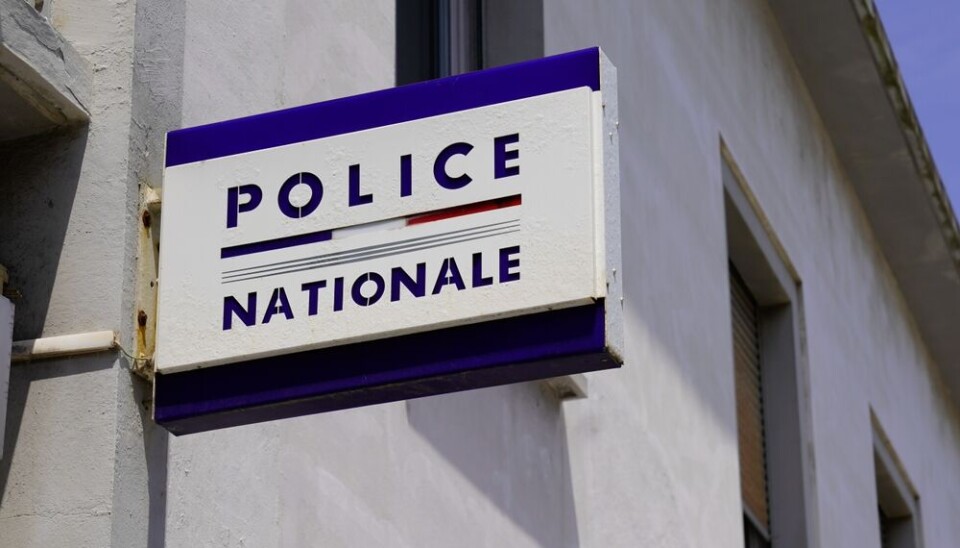-
Campervans are new target for thefts in France
Hybrid SUVs were also among the vehicles more at risk, a new study shows
-
Paris murder case baffles as suspects are identical twins with same DNA
Defence lawyer claims it is impossible to determine who fired fatal gunshots
-
Four suspected of spying for China in west France
Suspicions were raised after neighbours spotted and reported the installation of a two-metre-wide satellite dish
Explainer: Difference between contravention, délit and crime in France
We walk through how crimes are classified and tried in the French legal system where only the most serious have a jury

The classification in France of what in the UK are lumped together as criminal offences falls into three categories: contraventions, délits and crimes. We explain key differences.
Contraventions
These cannot lead to prison and are divided into five classes with fines ranging from €38 (first class, the lowest) to €1,500, or €3,000 for a second offence.
Most are dealt with by fixed penalties – speeding fines, for example, but in the case of disputes they are dealt with by lower courts, called tribunal de police.
There is a single judge and the state is represented by someone from the departmental procureur de la République’s office. A greffier (clerk) records proceedings and keeps paperwork.
Most cases are dealt with behind closed doors without the accused necessarily being present.
Punishments include fines, confiscating driving licences, bans on keeping firearms and orders to repair damage or to attend training such as road safety classes.
Read more: Does France have unmarked radar cars to catch people speeding?
Délits
These can lead to prison but in practice they are usually suspended for first offences or turned into electronic bracelet surveillance if for less than a year.
Maximum prison terms range from two months to 10 years. Fines are a minimum of €3,750.
Courts hearing délits are called tribunal correctionnel, and can be presided over by a single judge, or a judge with two assessors.
The accused usually has to appear and in extreme cases can be sent to jail from court.
A separate judge supervises sentences.
Read more: Free help for crime victims in France including foreign nationals
Crimes
These most serious offences, notably murder and rape, are tried by a cour criminelle if the offence committed has a maximum jail term of between 15 and 20 years or by a cour d’assises for crimes with sentences longer than 20 years.
A cour criminelle, only introduced in January, has one judge and four assessors.
The cour d’assises is the only jury trial in France and is made up of a presiding judge and six jurors.
The presiding judge retires with the jury and chairs their deliberations.
The cour d’assises is organised on departmental lines, and hears most murder cases.
Cours d’appel (appeal courts) are above the others, and above them is the highest court of appeal, the Cour de cassation.
Debate over classification of crimes
There is debate about creating an offence of homicide routier, for causing death by driving after taking drink or drugs.
Victims’ associations want it to be a crime but some commentators think it will be hard to change as usually crimes require proof of intent.
An alternative would be to retain the new offence in the délit category.
The classifications of crimes can have symbolic significance in France. An example is proposals to move possession of cannabis – already usually dealt with by a fine – from délit to contravention.
This would put it in line with most other offences where officers can issue on-the-spot fines, such as traffic offences.
However, the suggestion caused huge debate and has yet to be implemented.
President Macron recently said that the fines should be payable immediately by cash or card.
It comes after it was found that most fines remain unpaid when offenders can pay later online.
A top court has also clarified that driving after using CBD – a legal cannabis alternative – is punishable as drug driving if traces of the chemical THC are found in the blood.
Related articles
Briton appeals conviction for killing his wife in south-west France
Map: Which areas of France are worse for house burglaries?
You should soon be able to report some crimes in France from home
























